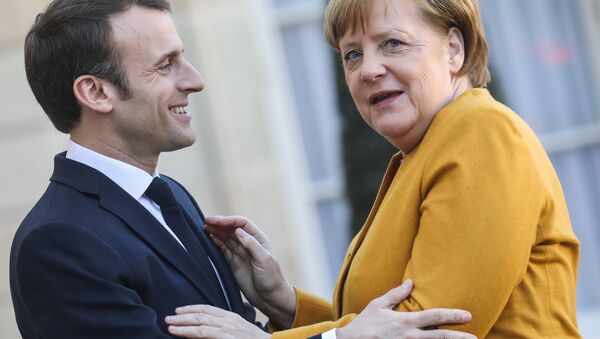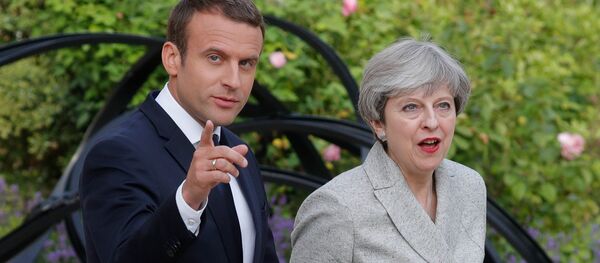About 17 EU member states have forged a coalition against a joint Franco-German push for easing restrictions on free competition in the union.
According to a letter seen by the Polish Rzeczpospolita newspaper, this coalition includes the Baltic States, Belgium, Czechia, Denmark, Finland, Ireland, the Netherlands, Poland, Portugal, Slovakia and Sweden.
They are said to have warned European Council President Donald Tusk against the "growing risk of protectionism" and possible shifts in balance of power in economic matters post-Brexit.
READ MORE: EU Countries Stuck Between China and US
Donald Tusk, a former Polish prime minister, was also asked to block "all dangerous initiatives" in the European Council. In particular, this refers to the law on posted workers, which was tightened last May after complaints from Germany and France about unfair competition from cheaper eastern European employees.
This comes shortly after Germany and France, two of the union's biggest economies, issued a manifesto aiming to create a "European industrial policy" for the 21st century. The two countries stated that in order to stay competitive, the EU should, among other things, revise its competition rules and update merger guidelines.
The manifesto came in direct response to the European Commission's refusal to okay a major rail merger between France's Alstom and Germany's Siemens. The deal was meant to create a "European champion" with a combined revenue of 15 billion euros that could take on foreign rivals, but the commission said that it had received complaints from several national competition authorities and that the two companies failed to address its competition concerns — namely, the fears that the deal could drive up prices and force smaller companies out of the business.
Last month, Emmanuel Macron and Angela Merkel signed a new cooperation agreement in Aachen. Donald Tusk cautioned that their cooperation should be intended "for integration, and not instead of integration", echoing concerns of smaller countries that they would be left on the margins with the emergence of a powerful duo.



